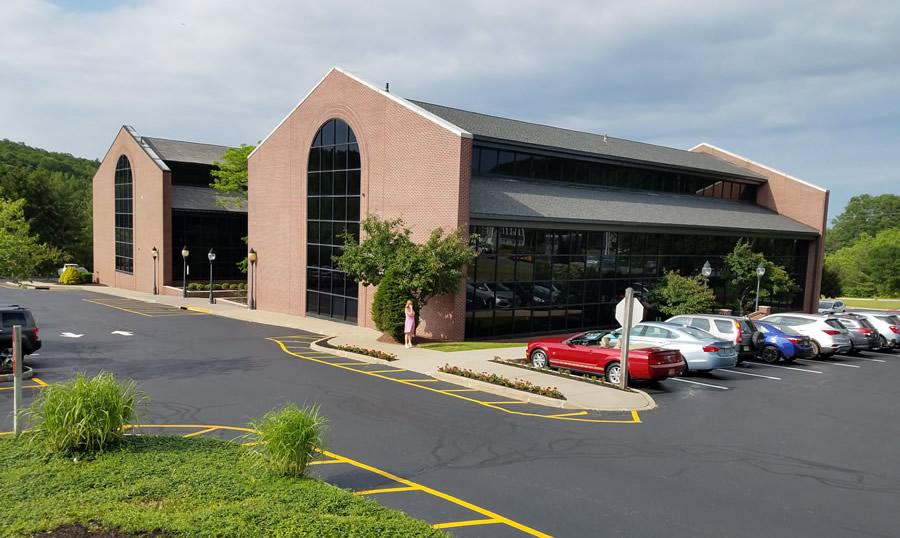NJVVC Blog
Latest News and Information from The New Jersey Vein and Vascular Center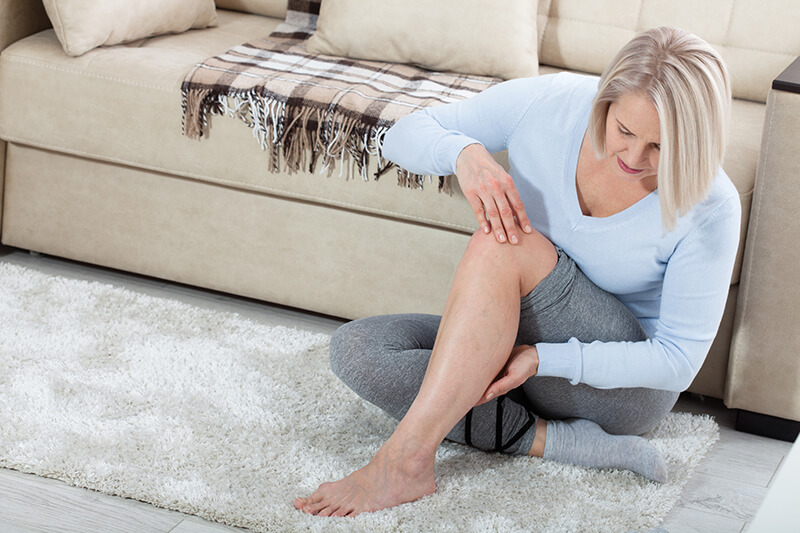
Why Menopause Increases Your Risk of Varicose Veins
Menopause dramatically reduces the amount of estrogen and progesterone produced in the ovaries. Because of that, women over 50 are at a higher risk of developing varicose veins. Estrogen and progesterone contribute significantly to the health of women's capillaries...
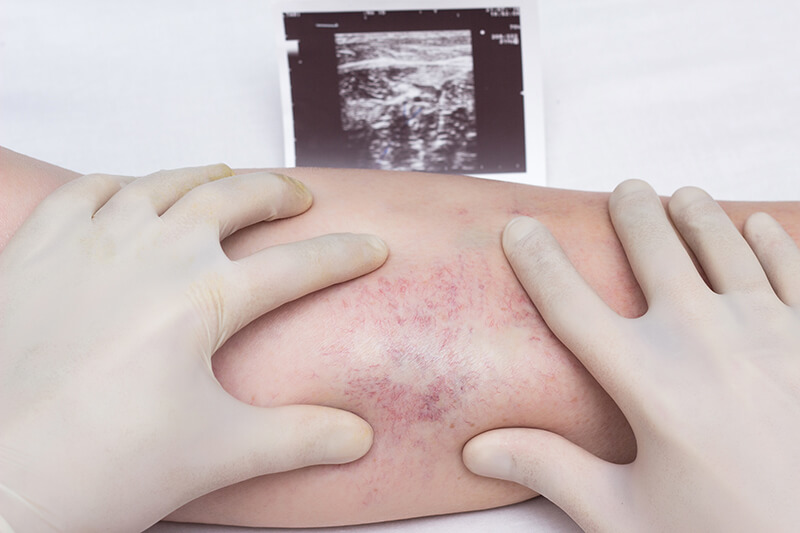
Understanding and Preventing Leg Blood Clots (DVT)
The body has a number of deep veins that circulate blood and return it back to the heart from both legs. However, this phenomenal system also makes legs vulnerable to deep vein thrombosis or DVT.
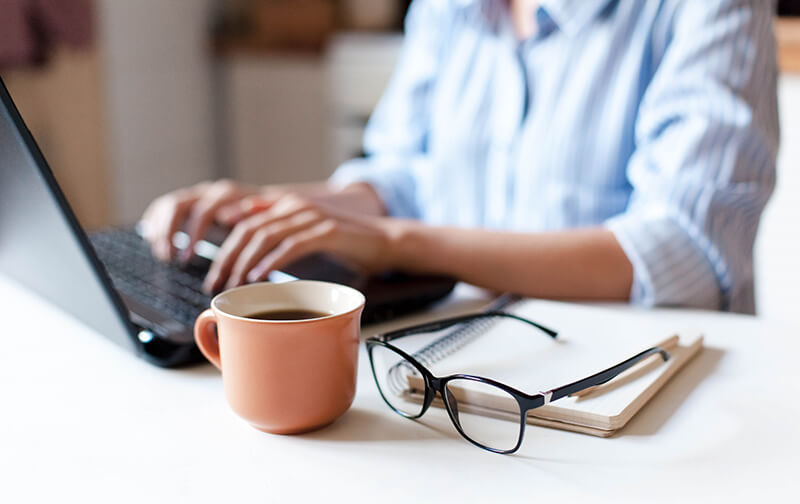
Support Your Vein Health While Working from Home
Working from home during quarantine is disruptive to life in more ways than one. Being stuck at home can affect your mental and physical health, including your veins. Staying inside week after week means more sitting and a lack of mobility. Typically, there is not a...
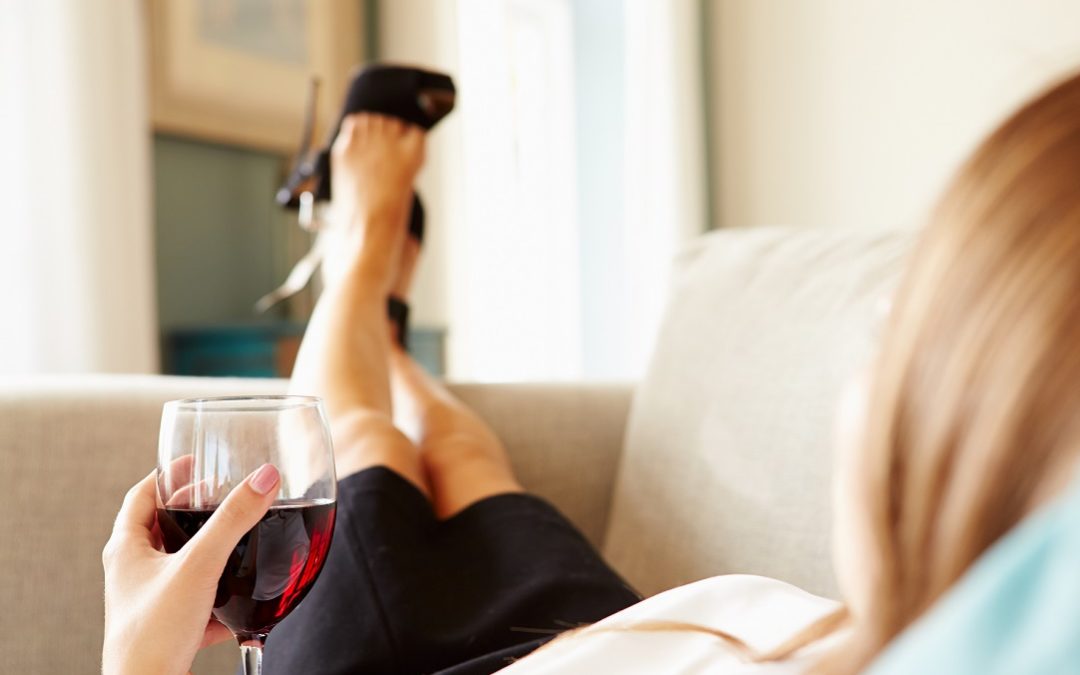
How Alcohol Contributes to Varicose Veins
The human body sustains itself through the coordination of multiple organs, processes, glands, and veins. The circulatory system is our body’s “super-highway” essential to good health as it delivers nutrients and oxygen in and removes waste from the body.
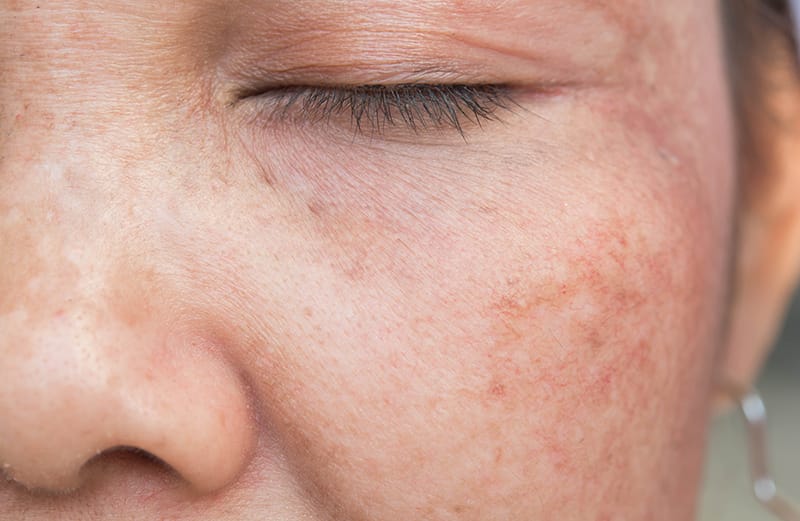
Prevent and Treat Hyperpigmentation
Prevent and treat dark spots on your skin with proper skincare and some helpful tips. Don't be embarrassed by hyperpigmentation. Figure out the cause and treat the issue. The reality is that hyperpigmentation occurs in more people than you may realize....
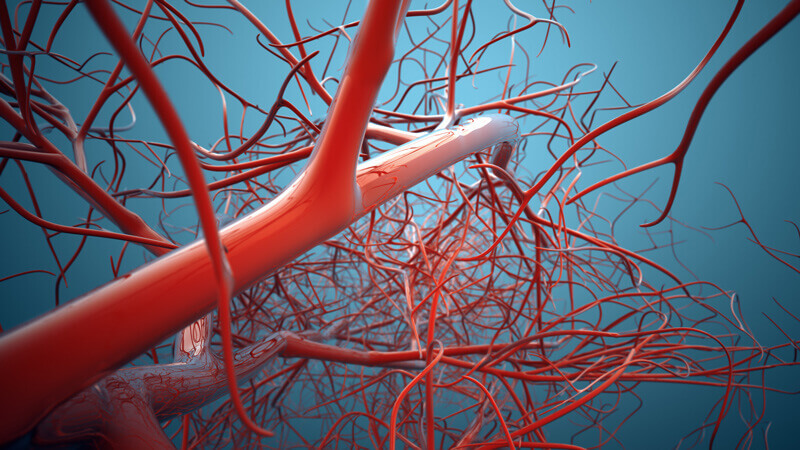
Guide to Vein Conditions and Vein Health
Good vein health can’t be achieved overnight. It takes eating the rights foods, exercise, and putting aside some bad habits. An estimated 40 million Americans are affected by varicose veins, which is just one type of vein complication. About half of those individuals have a history of varicose veins in their family.
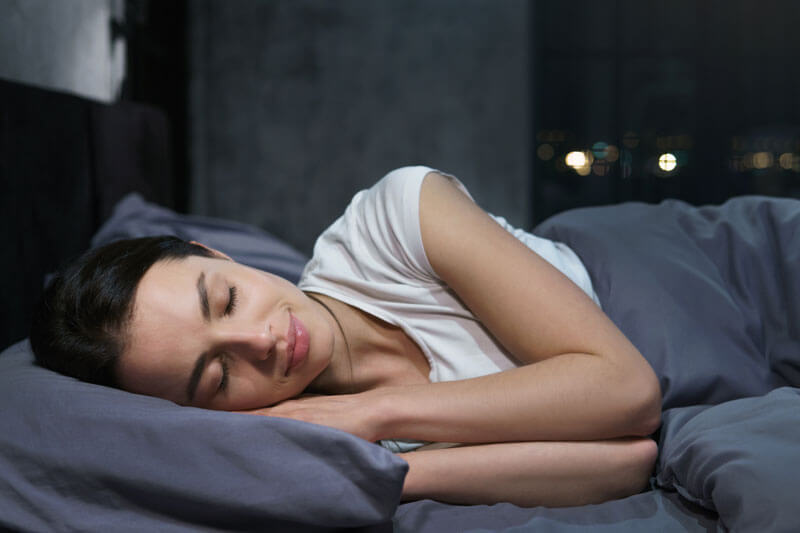
The Effects of Sleep on Your Health
How well did you sleep last night? If you didn’t get a full seven or eight hours, you aren’t alone. About one-third of adults get less sleep than recommended, according to the Centers for Disease Control and Prevention.

